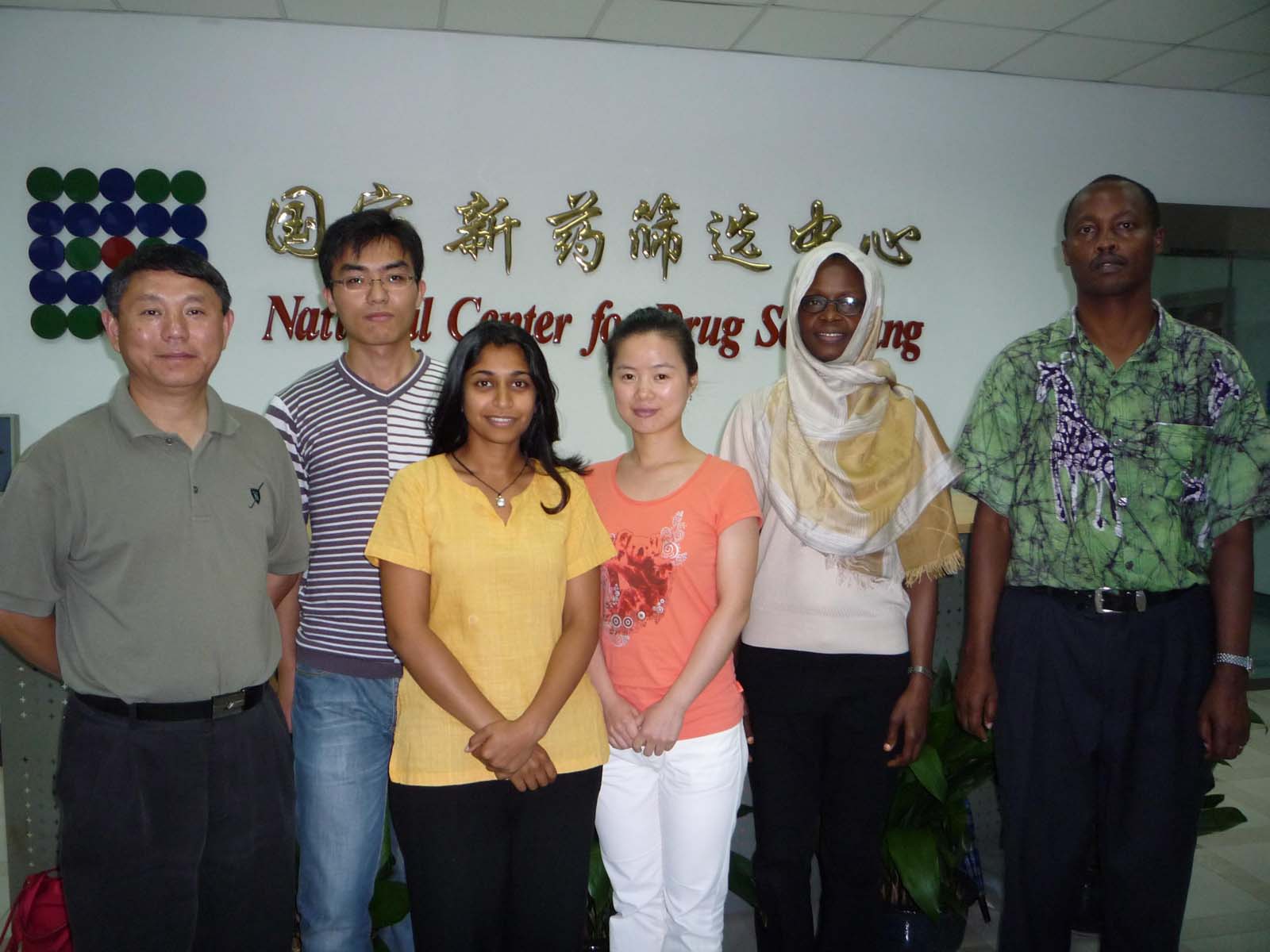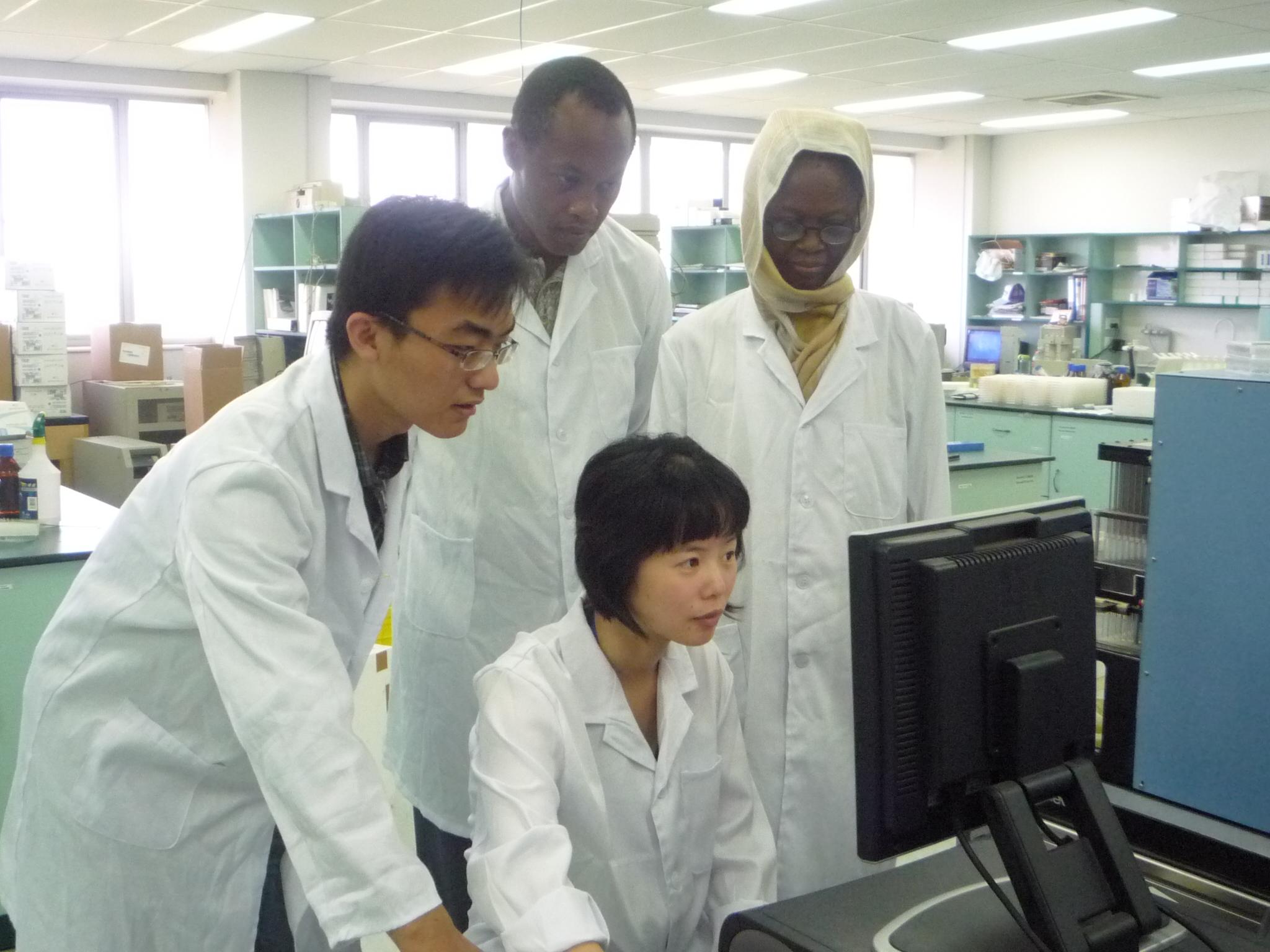Combating tuberculosis through collaboration among scientists from multiple countries
Tuberculosis is an ancient disease with fatality record dating back to the 3rd century BC and still claims roughly 1.4 million lives every year nowadays.
Mycobacterium tuberculosis is the causative pathogen. Routine drug regimens require at least 6 months’ therapy and resistance to existing agents is rising. Dihydrofolate reductase is an essential enzyme in the metabolic pathway of folate, catalyzing the reduction of dihydrofolate into tetrahydrofolate that is a key substrate for thymidylate and purine bases. Thus, inhibition of this enzyme could suppress the growth of bacteria through blockage of DNA and RNA syntheses.
Sponsored by World Health Organization (WHO), scientists from China, India, Kenya, Nigeria and USA collaborated closely in high-throughput screening and subsequent efficacy evaluation against dihydrofolate reductase from Mycobacterium tuberculosis. A specific inhibitor capable of not only dose-dependently inhibiting the enzyme but also killing the live bacterium was identified as a result. The work has been published recently in PLoS ONE (10.1371/journal.pone.0039961), a well-known international scientific journal.
Upon informing of this development, Professor Zhu Chen, China’s Minister of Health, made the following remarks to the project leader, Dr. Ming-Wei Wang (Director of the National Center for Drug Screening): "This is truly an exciting progress! I just read the abstract of your article and the commentary that you made with two other colleagues (doi:10.1371/journal.pntd.0001221). I believe this should be the model in our future cooperation in global health diplomacy, i.e., to connect the East and West as well as South and North, but with the South-South in the core".
This research project was funded by WHO, Ministry of Health (the Mega Program on Drug Discovery), Ministry of Science and Technology, Novo Nordisk- Chinese Academy of Sciences Research Fund.



